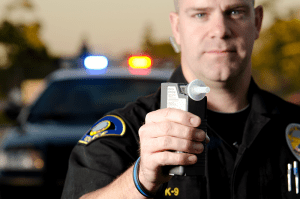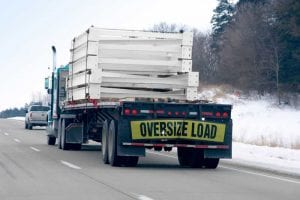
Trucking wrecks in Georgia are complicated. Insurance companies allege the injured victim caused the crash, eyewitness testimony is divided on who is to blame, and injured victims like you state the 18-wheeler driver is responsible. So how do judges and juries decide who is really at fault? They often look at black box data.
What Is Black Box Data?
Most trucking companies equip their fleets with an Engine Control Module (ECM), which is stored in a black box on the 18-wheeler. That’s why it’s called “black box” data. Each trucking company installs different variations of the ECM, so one company’s ECM may not store the same data as another company’s ECM. However, most ECMs store data like:
- The truck’s speed before a crash
- The truck’s average speed
- How many hours a truck has been in operation
- If a sudden stop was made
- Whether the driver wore a seat belt
- The truck’s tire pressure
- The truck’s distance to other vehicles (“following distance”)
- Email exchanges between the 18-wheeler driver and his boss
- GPS coordinates
After an accident, the data from the ECM is extracted and used to help determine who caused the crash that injured you or your loved one.
How Do You Get Black Box Data?
It is imperative you seek legal counsel as soon as you can after an accident with an 18-wheeler, because if a truck is driven or repaired, then the data from the accident can be lost forever.
Your attorney should send a letter to the trucking company demanding black box data and requesting the company not repair or drive the truck involved in the accident. This is also known as “preservation of evidence.” Your attorney will also request a “build sheet.” This list itemizes all of the parts on the truck along with dates of any repairs.
If you do not have an experienced attorney on your side requesting this information, then you may never get access to the black box data. In other words, trucking companies are not just going to give you the data without a demand letter.
How Is Black Box Data Used?
Black box data in trucking wrecks can be used in a variety of ways to help your personal injury case.
- To help accident reconstructionists build their reports
- To disprove eyewitnesses during depositions. Example: an eyewitness says the truck was not speeding, but the black box data says it was.
- To prove the trucking company was negligent in maintaining its truck or overworked its driver in violation of federal safety regulations. Example: email conversations between supervisors and the driver.
- To impeach the driver. Example: the driver said he used his breaks right before the collision, but the black box data showed he did not.
Contact us in Kennesaw, Georgia
Black box data can be complicated if you do not have an experienced Georgia 18-wheeler wreck attorney on your side. If you or a loved one has been injured in a trucking accident and need help with your case, call Joel Williams at 833-LEGALGA.






